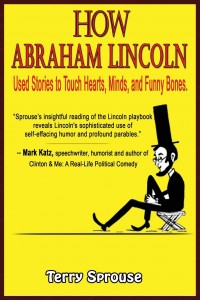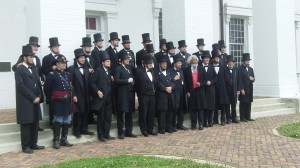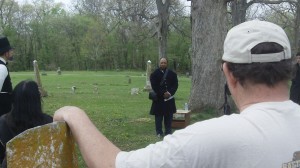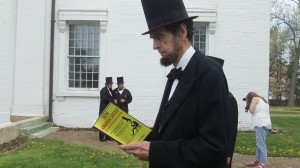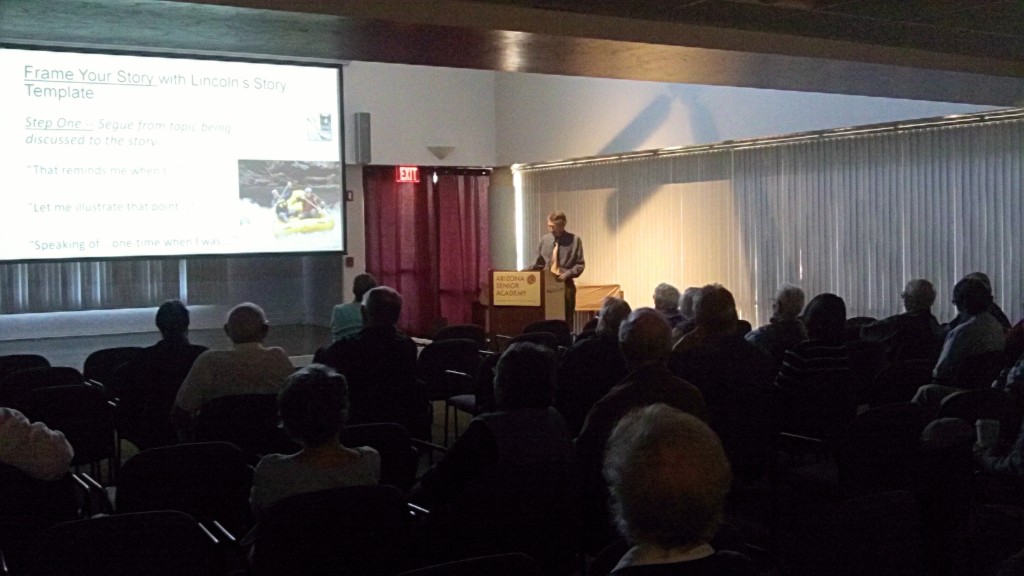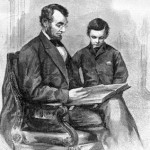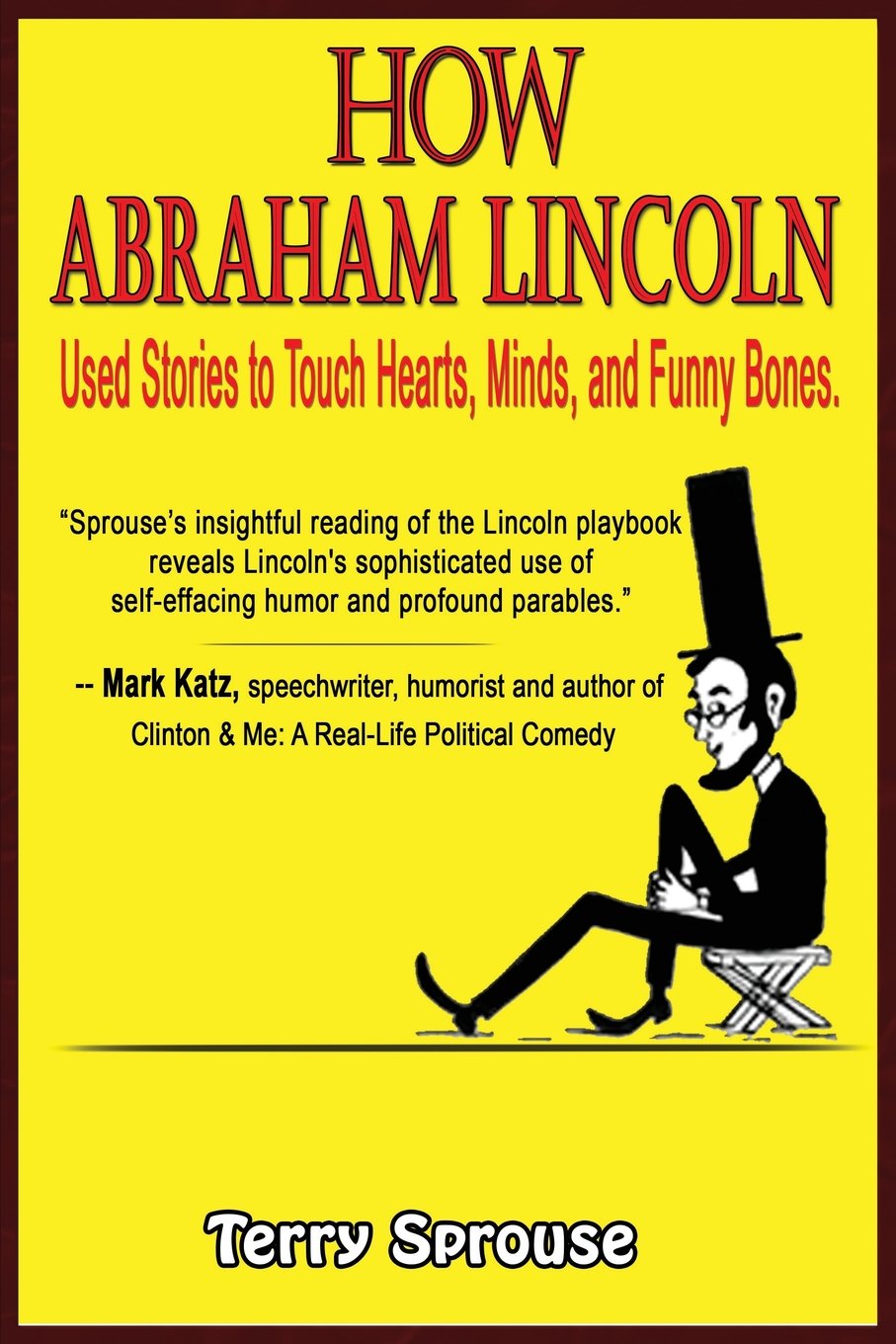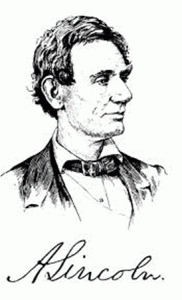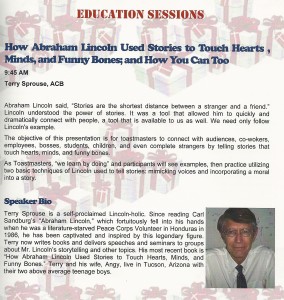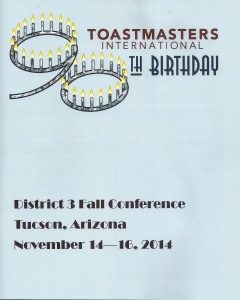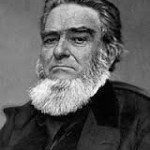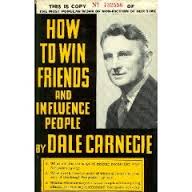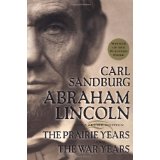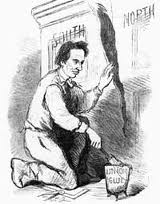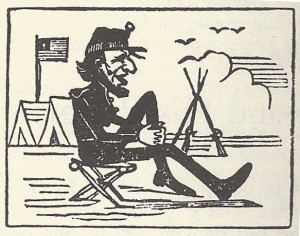
While defending a man against an assault charge, Lincoln claimed it was more like self-defense, as in the case of a man he knew who was walking down the road with a pitchfork and was attacked by a very fierce dog. In trying to ward off the dog’s attacks he stuck the prongs of the pitchfork into the animal and killed him. According to Lincoln, the dialogue that followed went like this:
“What made you kill my dog?” said the farmer.
“What made your dog try to bite me?” the man answered.
“But why didn’t you go after him with the other end of your pitchfork?”
“Why didn’t he come after me with his other end?”
The jury found Lincoln’s client innocent of assault
Lincoln’s Secretary of Treasury said, “Many of Mr. Lincoln’s stories were as apt and instructive as the best of Aesop’s Fables.”
3 Reasons to Use Stories
Lincoln used stories for many different reasons, but here are three reasons that stand out to me.
1.) Stories are tools of persuasion use to avoid provoking people.
Lincoln said, “They say I tell a great many stores and I reckon I do, but I believe that common people, are more easily informed through the medium of a broad illustration than in any other way.”
Studies show that people are more receptive to information presented as a story than if it is merely presented as a dry, unadorned, fact.
2.) Stories are an entertaining and compelling way to connect with people. Lincoln commented, “Stories are the shortest path between strangers and friends.”
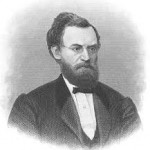
Carl Schurz
Carl Schurz, a union general who first met Lincoln on a train described the meeting by saying,
“I soon felt as if I had known him all my life and we had very long been close friends. He interspersed our conversation with all sorts of quaint stories, each of which had a witty point applicable to the subject at hand.”
3.) Stories have the power to bring about change. Our stories we chose communicate a deeper meaning, our values, hopes and ideals in a way that most people can relate. They show us the difference between what is and what could be.
Plato said, “Those who tell stories rule the world.”
“I am not simply a story-teller,” said Lincoln, “It is not the story itself, but its purpose that interests me.” He didn’t force his messages on his audience, he let in unfold in their own imaginations.
Where to Get Stories
Like me, you may not be a natural born storyteller, and you might not have a treasure trove of fascinating stories to draw upon. But Lincoln said that he almost never invented stories. He told stories and jokes he remembered hearing or reading and he adapted them to fit the issue at hand.
Draw upon stories that you have personally experienced, or utilize stories that you have heard or read. Modify these stories to slip in your message instead of hitting people over the head with it.
Opportunities to Tell Stories Present Themselves
Stories proved their value to me when I spent time with my Mother during the last year of her life. She was constantly in and out of hospital and rehabilitation facilities. We were together so much that often the only thing I could think to say was to recall family stories from the past. I realized that the best way to communicate feelings and deep thoughts was through these stories.
Stories are also a useful teaching tool with my two teenage sons. I can no longer use the direct technique with them, and just say “stop doing that or you can’t watch TV!” That approach is a dead end. It would just result in an argument and hard feelings.
If I really want to mold their behavior, I talk to them when they are relaxed, like in the car, and I tell them an interesting story (at least to me) from my past experience that reflects some point that I want to make. Sometimes I wonder if my boys are really paying attention to my “rambling reminisces.” But, when they later ask me for more details about a story that I have told, I realize that maybe my story has struck a chord with them.
Stories Are More Persuasive Than Logic
At a meeting of newspaper editors, where he felt out of place, Lincoln used this story:
“I feel like I did once when I met a woman riding horseback in the woods, As I stopped to let her pass, she also stopped and looking at me intently.
She said, ‘I do believe you are the ugliest man I ever saw.’
Said I: ‘Madam, you are probably right, but I can’t help it.’
‘No, she said, ‘you can’t help it, but you might stay at home.’ ”
And magically, after hearing the story, the reporters who were strangers became Lincoln’s friends.
Learn from Lincoln. Stop being so logical, fact filled and practical in your communications. Dig deeper, make people laugh, cry and think by wrapping it in a compelling story. Connect to people’s hearts by the stories you tell.
Recommended readings:
